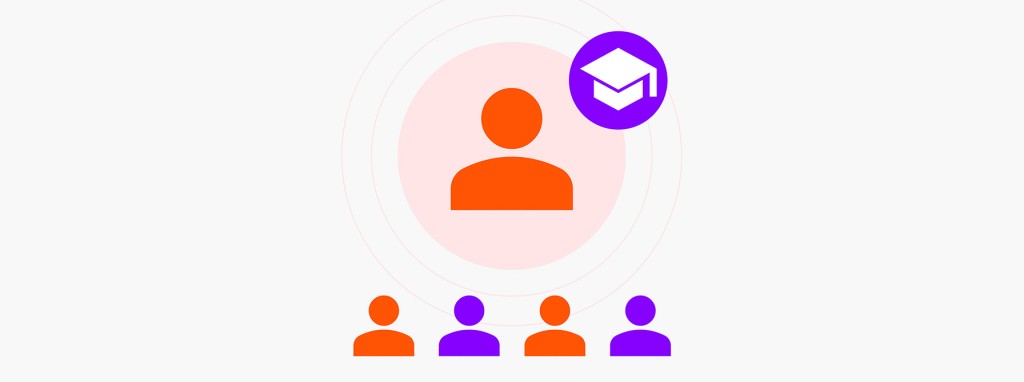Google announced in January that it will be phasing out the third-party cookies in Chrome. We explore what this update means for brands and advertisers, as well as what finance marketers need to be doing to prepare for this change.
On 14 January, Google officially announced they would be phasing third-party cookies out of the Chrome browser in the next two years, offering its Privacy Sandbox as an alternative. So, what does an online-world without them look like for finance marketers?
A brief history of third-party cookies
For 25 years, third-party tracking cookies have been used widely across the digital media landscape, from ad targeting and audience analytics to attribution and single sign-on. While many adtech and martech platforms still heavily depend on cookies, growing concerns over their impact on user privacy have led to increased crackdowns on their use. Apple launched its Intelligent Tracking Prevention (ITP) in 2017, Firefox launched its Enhanced Tracking Protection (ETP) in September 2019 and with Google’s latest announcement, the writing is on the wall for third-party cookies. This is a fundamental change in online media and the future is uncertain for finance marketers who depend on the power of the cookie for their advertising channels.
A cookie-less future
As the Google update won’t fully roll out for another two years, the industry has time to figure out how it will handle a cookie-less future. As the world’s largest online advertising company with the world’s most popular browser, Chrome, Google’s updates have wide-reaching consequences for their rivals as well as their own business model.
The industry has time to figure out how it will handle a cookie-less future
Google’s Privacy Sandbox aims to replace cookies with five Application Programming Interfaces (APIs). Each API would provide advertisers or brands with data based on anonymised signals (not cookies) from within the Chrome browser. In a blog post by Justin Schuh, Director of Chrome Engineering at Google, the company declared that it plans to work with key industry players to test how well its new cookie-less ad functions will perform; with its first trials on cookie-less conversion measurement by the end of 2020. Following this, they will then begin to trial ad personalisation.
Potential other cookie-less alternatives could also include:
- Contextual advertising
Previously superseded by cookies, contextual targeting could make a comeback with the loss of cookie-based targeting. Contextual targeting uses keywords or contextual-based keyword advertising to find its audiences. This simpler keyword-based targeting could prove an effective advertising alternative; meaning high-quality, relevant content will also be a growing focus. This is something to bear in mind when planning a content strategy. - User-based targeting
Similar to what Facebook uses, tracking a unique user rather than a unique device could also become an increased area of focus in a cookie-less world. Brands that already own first-party data thanks to subscription models are likely to have an advantage here, and it may mean greater investment in creating own brand ecosystems that we have seen to date.
Next steps for finance marketers
At this stage, a finance marketer’s best tool is to wait and see, but stay up-to-date on developments. This is a huge industry change that will affect all digital media, and a lot is likely to change over the coming months. Google’s suggested Privacy Sandbox is yet to be tested, and it remains to be seen how successful an alternative it could prove. Finance marketers should stay aware of what the alternatives are, what direction the industry is moving in and whether strategies like increasing first-party data should become a greater focus for their marketing strategy.
As the content marketing agency for the financial sector, at The Dubs we understand the nuances financial marketers face in their day-to-day roles and the news and tactics that make a difference in achieving content marketing success. Learn more about what we do.
Related articles
- How Google’s E-A-T score impacts financial content marketing
- What Google’s BERT update means for finance marketers
- What Google’s nofollow update means for finance marketers









